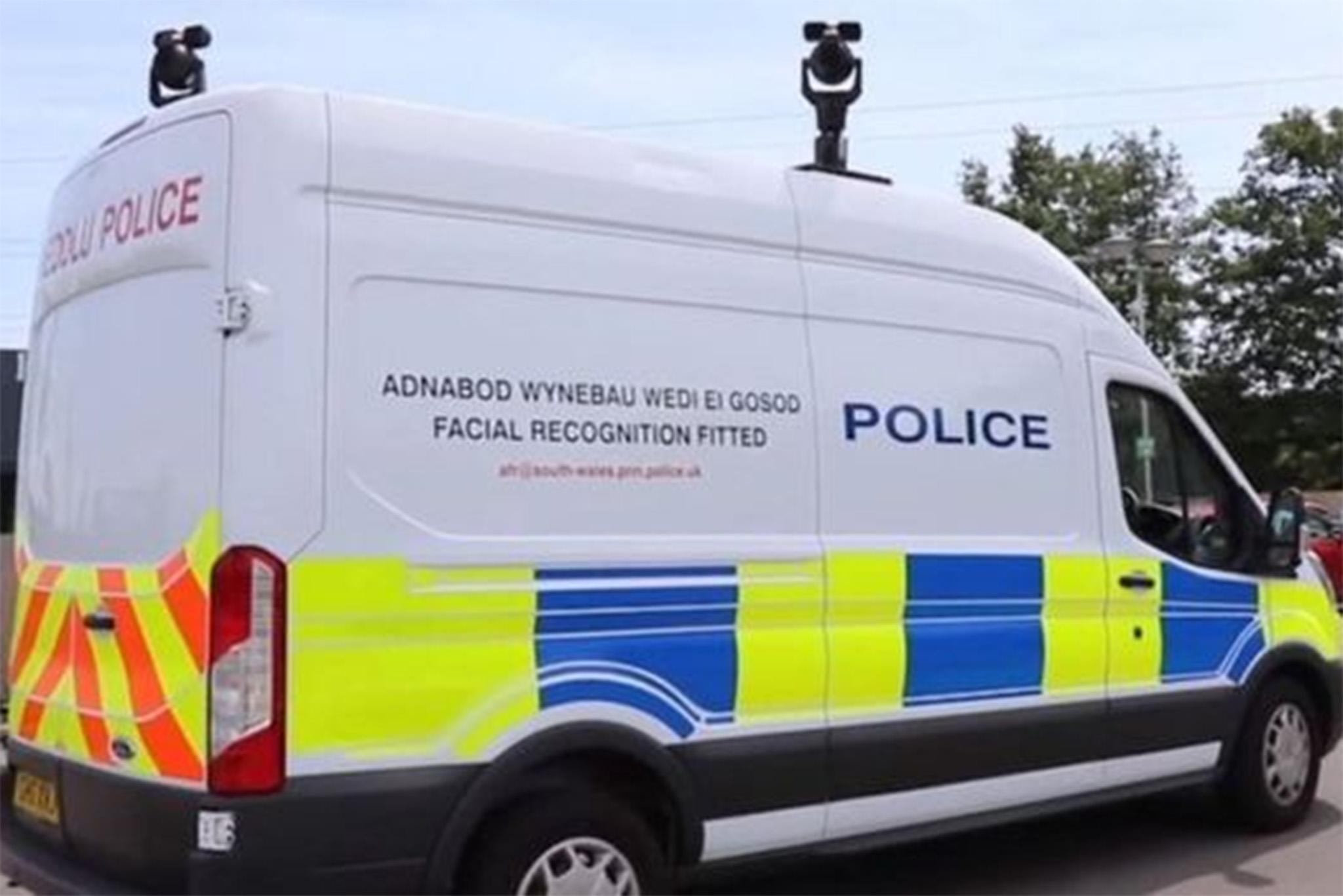World’s first facial recognition court case warns police over privacy violations
Analysis: South Wales Police may have won the landmark court battle, but others using the technology may not pass the same test, says Lizzie Dearden

“The algorithms of the law must keep pace with new and emerging technologies.”
That was the call issued by two High Court judges who presided over the world’s first legal challenge against facial recognition technology.
They dismissed claims by Cardiff resident Ed Bridges that police had violated his human rights and data protection laws by scanning him at a protest and while doing his Christmas shopping.
But a lengthy judgment issued on Wednesday was not without warnings for police forces and private companies who are rolling out the controversial technology, as the government rebuffs persistent calls to draw up specific laws governing its use.
Lord Justice Haddon-Cave and Mr Justice Swift made it clear that their findings for South Wales Police covered only the two incidents they were asked to consider in the landmark judicial review.
Mr Bridges was filmed in central Cardiff in December 2017, when police were using the technology to locate and detain more than 900 “priority and prolific offenders”, and in March 2018 as he demonstrated against the arms trade outside a defence exhibition.
Judges noted that two arrests were made in the first deployment and the second identified a person who made a bomb threat at the same event the previous year.
“On neither occasion did it lead to a disproportionate interference with anybody’s Article 8 rights [to privacy],” they concluded. “Nobody was wrongly arrested. Nobody complained as to their treatment.”
The Divisional Court judgment said South Wales Police deployed the technology “in an open and transparent way, with significant public engagement”, for a limited time and specific purposes.

“For these reasons, in our view, the use of AFR Locate does entail infringement of Article 8 rights,” the judgment read.
But the same cannot be said for facial recognition trials carried out by the Metropolitan Police in London, where a watchdog raised concerns that the public were not properly informed about its use, and had been viewed as suspicious for avoiding cameras.
The Divisional Court found that all facial recognition software interferes with human rights, dismissing South Wales Police arguments contending that anyone walking in public spaces does not have a reasonable expectation of privacy, and would normally be caught on CCTV.
The judges said facial recognition generates biometric data and information of an “intrinsically private” character.
They applied a legal test that finds privacy violations justified if the objective is “sufficiently important”, a less intrusive measure could not have been used and “a fair balance has been struck between the rights of the individual and the interests of the community”.
The judgment said South Wales Police had met the criteria, but facial recognition “must not be undertaken other than for cogent and robust reasons”.
No other police force has been forced to reveal its full reasoning behind deployments of the controversial technology, and private companies such as the owner of the King’s Cross estate have been using it covertly and without public justification.
While South Wales Police will be breathing a sigh of relief, others will be hoping they are not put to the same legal test.
Join our commenting forum
Join thought-provoking conversations, follow other Independent readers and see their replies
Comments
Bookmark popover
Removed from bookmarks